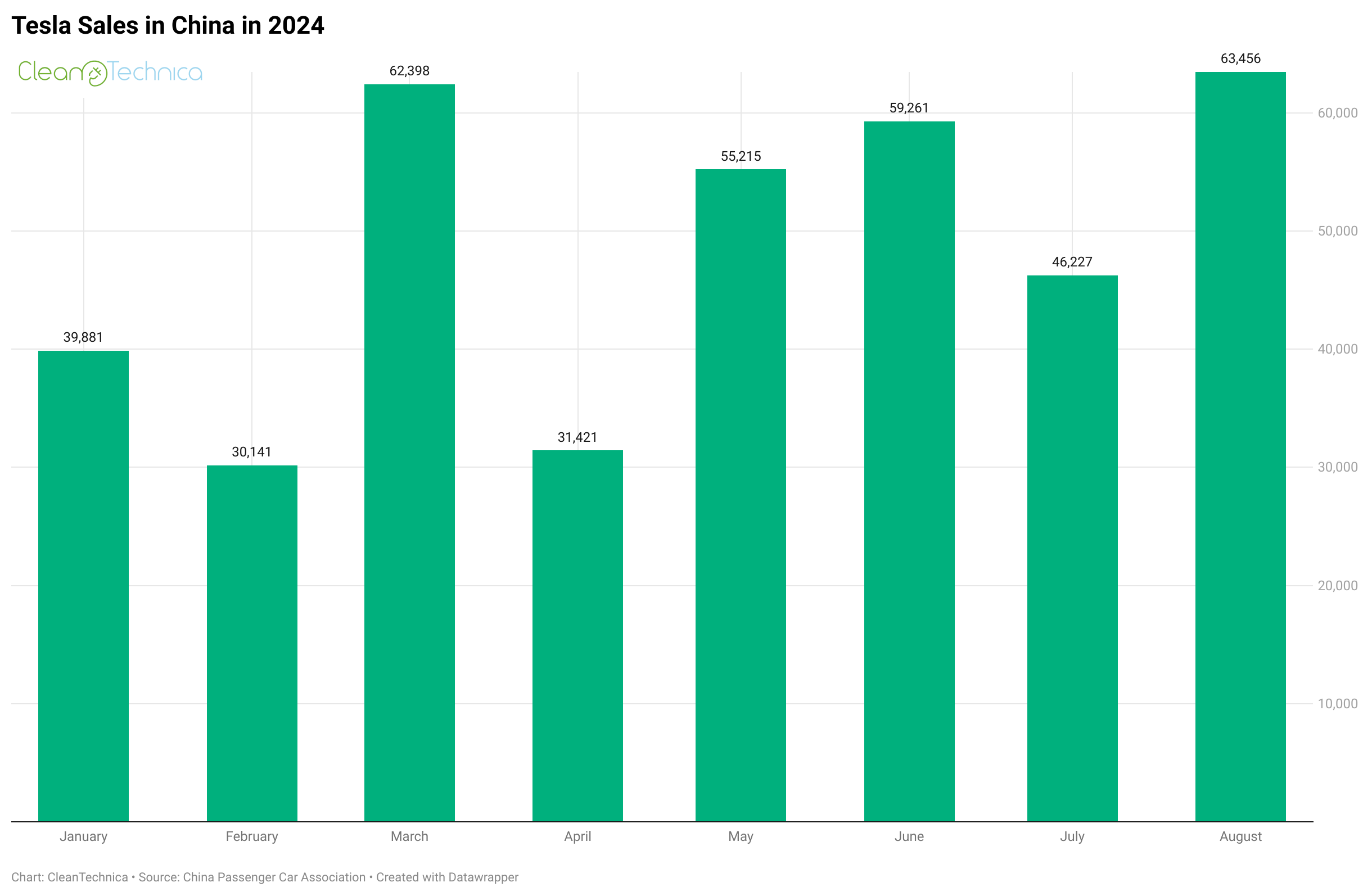Company cleans over one million cubic metres
Vancouver-based BQE Water (TSXV: BQE), a leader in treating and managing mine-impacted waters, announced significant success in treating contaminated water at the Eagle gold mine project in the Yukon. BQE Water invests in innovation and has developed unique intellectual property through the commercialization of several new technologies at mine sites worldwide for organizations including Glencore, Jiangxi Copper, Freeport-McMoRan, and the US EPA.
Following the 2024 heap leach failure at the mine, BQE Water swiftly designed, implemented, and operated an emergency water treatment plant. They successfully discharged over one million cubic meters of clean water into the environment under a contract with PricewaterhouseCoopers, the court-appointed Receiver of Victoria Gold. BQE Water’s efforts this year significantly reduced the remaining inventory of contaminated water on site.
With adequate storage now available, they expect active operations and environmental discharges to cease in November 2025. BQE Water also developed a winterization plan expected to be complete before demobilizing from the site by December 15, 2025.
In further developments, BQE Water submitted a proposal for the design and implementation of a long-term water treatment solution at Eagle mine. The Receiver selected BQE Water to carry out the first phase of engineering, entering a contract on November 4, 2025. The first phase is anticipated to be complete by the middle of the first quarter of 2026.
Due to the complex water composition and to support all possible project scenarios, the long-term treatment plant will combine multiple new processes. One such process, developed and pilot-tested by BQE Water at Eagle mine during the 2025 operation season, successfully removed cobalt-cyanide complexes to trace levels using ion exchange. The long-term treatment design also includes BQE Water’s direct electro-reduction of selenium, deployable if necessary.
A key aspect of the new design is a smooth, expedient, and cost-effective transition from BQE Water’s emergency treatment process to the new permanent system. This transition will start with the anticipated re-start of water treatment before the 2026 spring freshet, gradually expanding to include new treatment stages for cobalt-cyanide, nitrogen species, and selenium if required.
“Expedient implementation of emergency treatment and safe discharge of over 1 million cubic meters of clean water from Eagle into the environment is one of the success stories of the project,” David Kratochvil, president and CEO of BQE Water, stated.
“We are also very pleased that our proposal for long-term treatment was selected to provide definitive costs for implementation of the permanent long-term treatment at Eagle, supporting both further stabilization and remediation work at site. BQE Water’s seasoned operations team which integrates operators from a Na-Cho Nyäk Dun owned business will be ready to re-start clean water production in the spring of 2026.”
BQE Water was contracted by the receiver as water treatment consultants and operations specialists to assist with the emergency response at the Eagle gold mine. Located on the traditional territory of the First Nation Na-Cho Nyäk Dun (FNNND) in central Yukon, the mine experienced a failure in its cyanide heap leach facility. The pre-existing water treatment plant could not treat the cyanide leach solution to produce non-toxic effluent, necessitating a quick emergency solution.
BQE Water collaborated with the technical advisors to the Yukon Government, the FNNND, the receiver, and past Victoria Gold employees to develop and implement a treatment process. This process successfully combined existing plant equipment with off-the-shelf rental equipment and newly constructed ponds. BQE Water carried out engineering design, lab testing, procurement, operations, and toxicological data analysis simultaneously to ensure the safe and timely discharge of treated water into the environment.
Visit www.BqeWater.com for more information.




